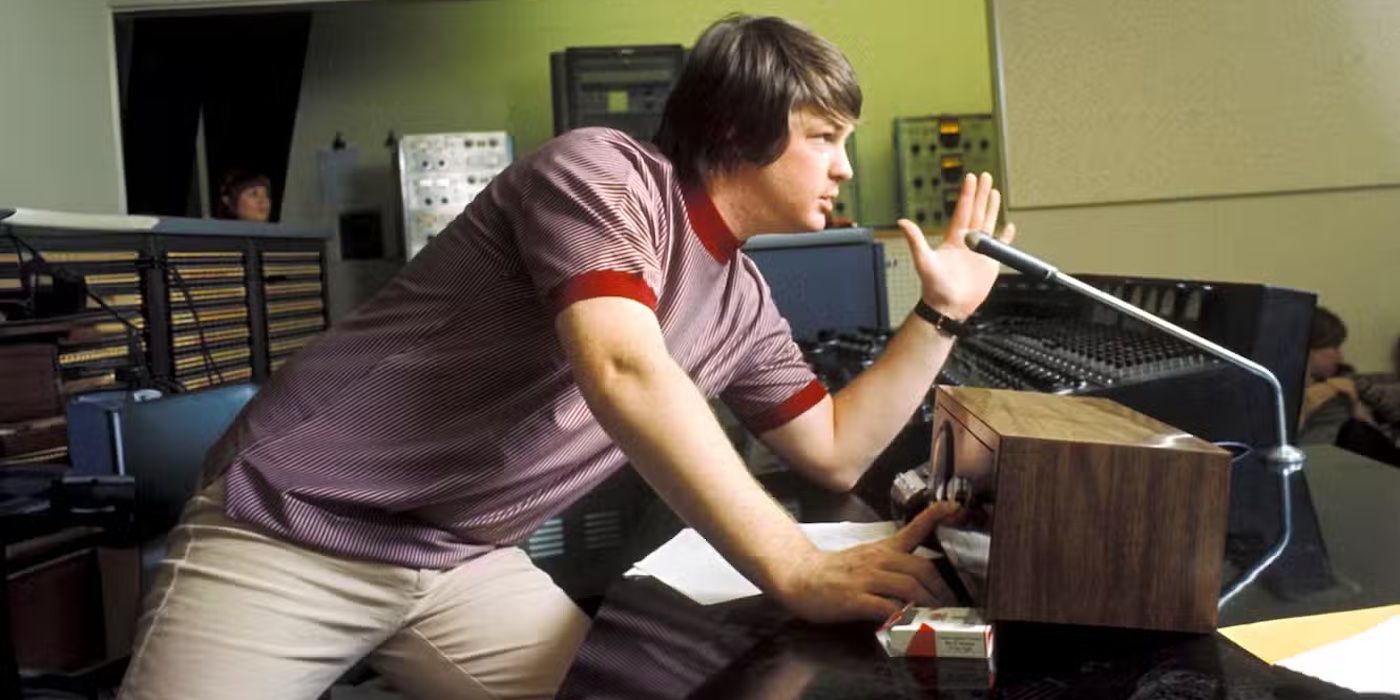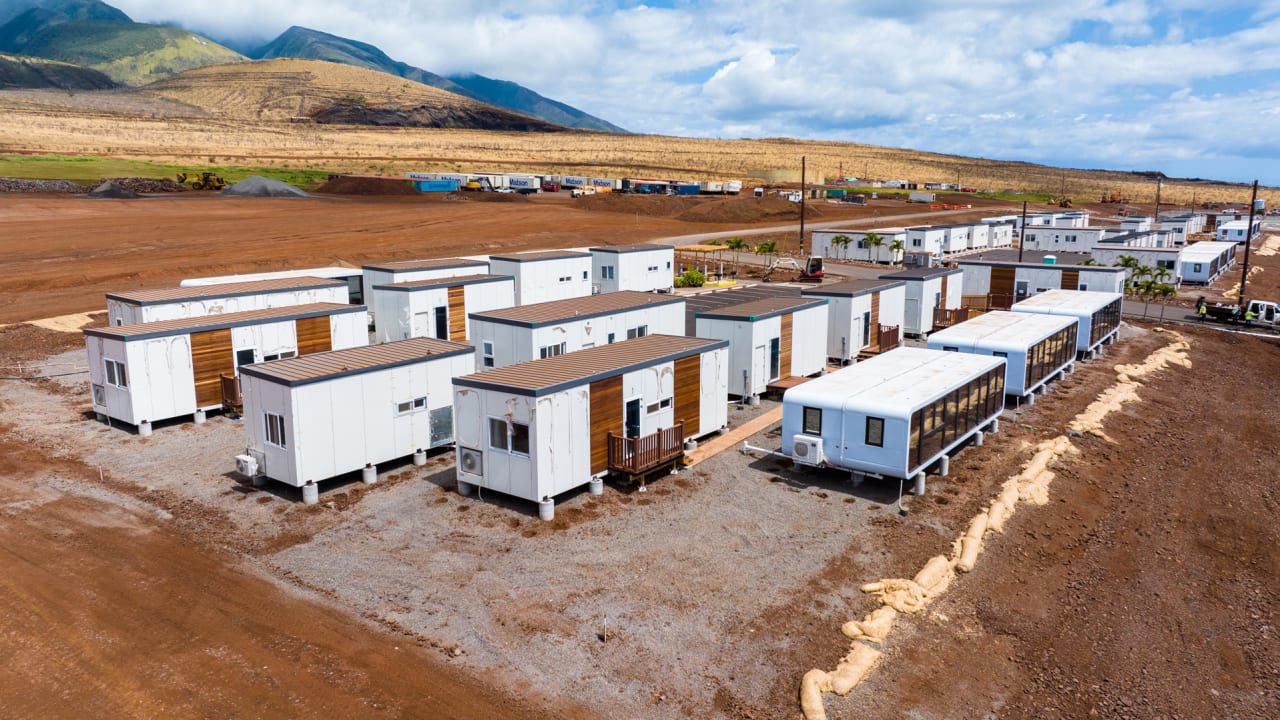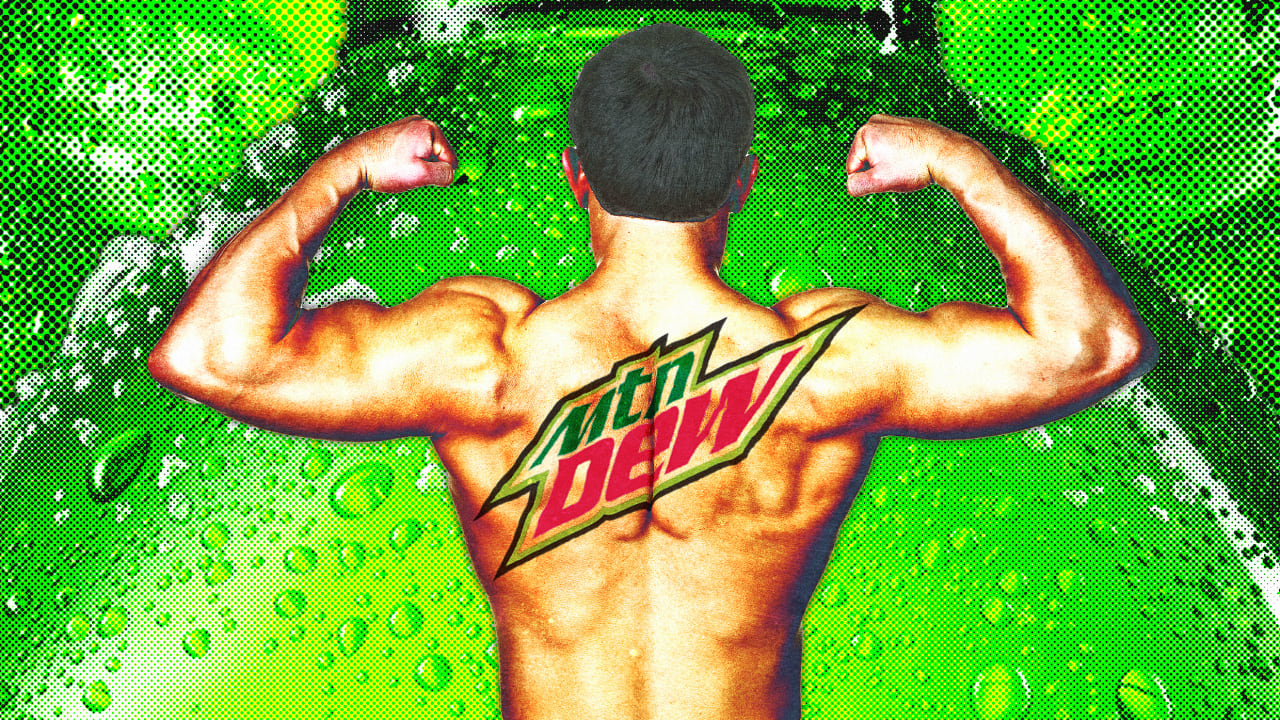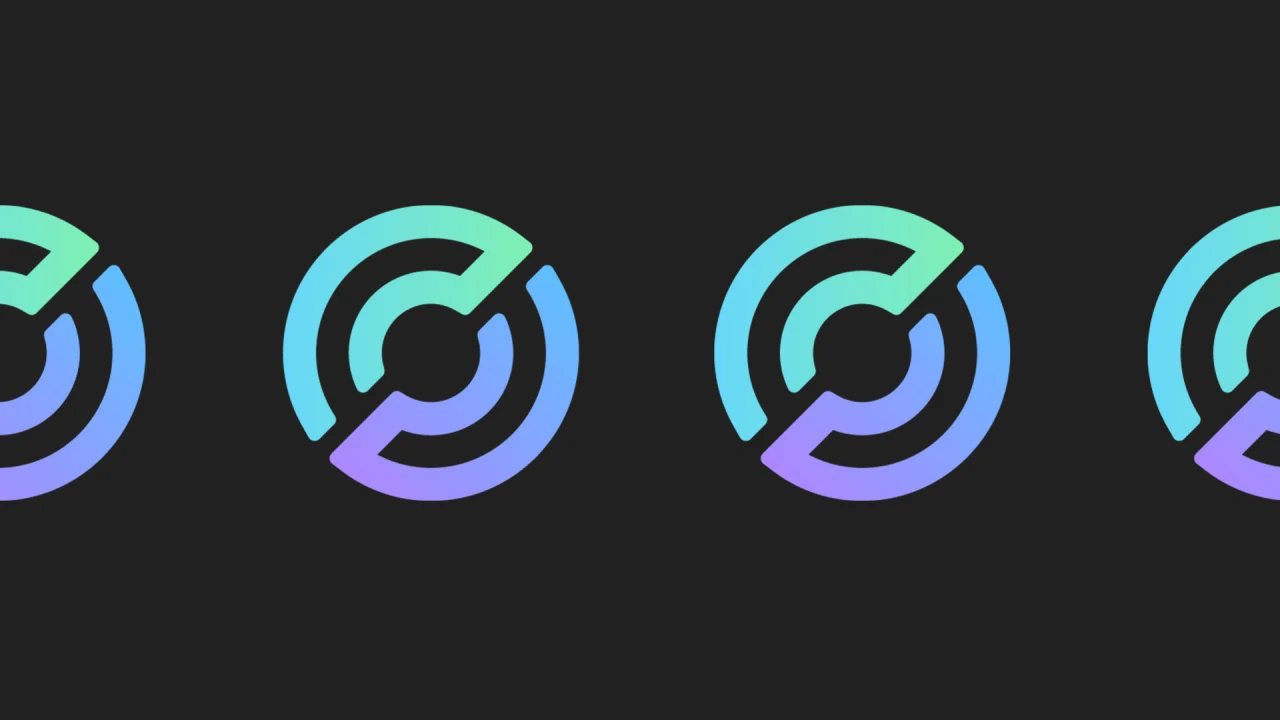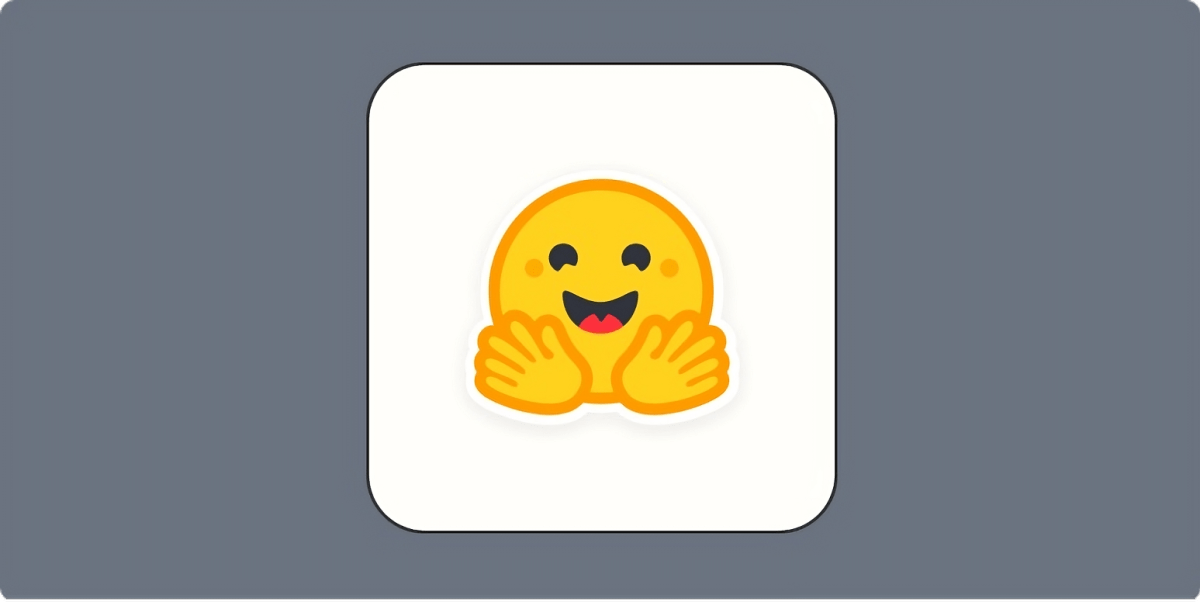Can AI use inspire us to grow in new ways?

There’s a growing concern that artificial intelligence is leading us to a place where we think less and rely on it more. Headlines warn that AI is eroding our critical thinking skills, creating a world of work where human ingenuity might take a backseat to automated convenience. After all, when generative AI can draft a report, summarize a dense article, or generate a marketing plan in seconds, where’s the incentive for leaders and employees to sharpen the skills we relied on before?
These concerns aren’t baseless. Automation has always sparked questions about how reliance on technology impacts our brains and behaviors. Examples like GPS leading us to abandon our navigation skills or calculators replacing mental math, provide a glimpse into the broader challenge AI presents. Research confirms that AI may be changing the way we think today: Constant exposure to AI tools can reduce our ability to think critically.
Should workplaces abandon AI and turn the clock back? Of course not. That’s neither practical nor productive. AI isn’t a fleeting trend. It’s a transformational shift that’s here to stay. The genie is out of the bottle, and its applications in nearly every area of life and work are deepening by the day. But this raises an important question: If AI is inevitable, how can we ensure it doesn’t simply make us passive users, but instead inspires us to grow and evolve in new ways?
The answer lies in how we redefine the skills we value and develop in ourselves and future generations. Instead of seeing AI as a competitor to human intelligence, we must think of it as an enabler that challenges us to excel in areas where AI can’t. We must consider how to develop AI fluency.
Our human advantage
To thrive in an AI-dominated world, enterprises need to invest in the abilities that AI can amplify but not replicate. Part of developing a fluency in AI is recognizing where it excels and where we as humans can outperform it. Here are three areas where humans excel over technology.
1. Critical thinking and judgement
Generative-AI tools can surface answers faster than ever, but humans must decide which answers are valid, relevant, and ethical. In an era of AI-generated content, our ability to ask the right questions, evaluate information critically, and spot biases will be more essential than ever.
2. Creativity and problem solving
AI can assist in generating ideas, but the ability to connect seemingly unrelated concepts or imagine entirely new possibilities—known as taking a creative leap—remains inherently human. As automation tackles more routine work, businesses will increasingly seek individuals who can navigate ambiguity and generate innovative solutions.
3. Emotional intelligence and leadership
Machines lack the empathy, communication skills, and interpersonal insights required to foster collaboration, inspire teams, and guide organizations through change. Our human edge lies in understanding other humans, which AI cannot replicate.
Adaptability is an essential skill
As AI becomes embedded in nearly every aspect of work and life, our approach to growth and development needs to evolve alongside it. Today, upskilling is less about acquiring static knowledge and more about developing the agility to apply new skills in dynamic, ever-changing contexts. Being adaptable is a skill unto itself. As AI introduces new opportunities and challenges, our success will hinge on our ability to constantly upskill and adjust to what’s next.
Organizations and individuals alike must embrace this new reality. For businesses, that means prioritizing upskilling programs that focus on the human-AI partnership. That could mean, for instance, teaching employees how to leverage AI effectively while continuing to contribute their unique human value. For individuals, it requires shifting from passive consumption of AI outputs to active engagement and integration. Instead of simply asking AI to provide answers, we need to think critically about the prompts we design, the follow-up questions we pose, and the frameworks we use to evaluate and synthesize its outputs.
AI is a catalyst for human growth
The narrative that AI is making us stupid misses the bigger picture. Like every major technological leap in history, AI is changing the nature of how we work, think, and create. But it’s not a replacement for human intelligence. It’s an accelerator. The responsibility is ours to wield it wisely, using it to complement and expand our capabilities rather than diminish them.
The future of work won’t belong to those who resist AI or passively lean on it. It will belong to those who use it as a catalyst for growth, wielding this revolutionary technology to push the boundaries of what humans can achieve.
The question isn’t whether we’ll need skills in an AI-driven world. It’s what kinds of skills will define human success. And the answer, as it turns out, is a sharper, more agile, and more curious version of ourselves.
Hugo Sarrazin is CEO of Udemy.
What's Your Reaction?
 Like
0
Like
0
 Dislike
0
Dislike
0
 Love
0
Love
0
 Funny
0
Funny
0
 Angry
0
Angry
0
 Sad
0
Sad
0
 Wow
0
Wow
0















.jpg?width=1200&auto=webp&trim=0,0,2,0#)




























